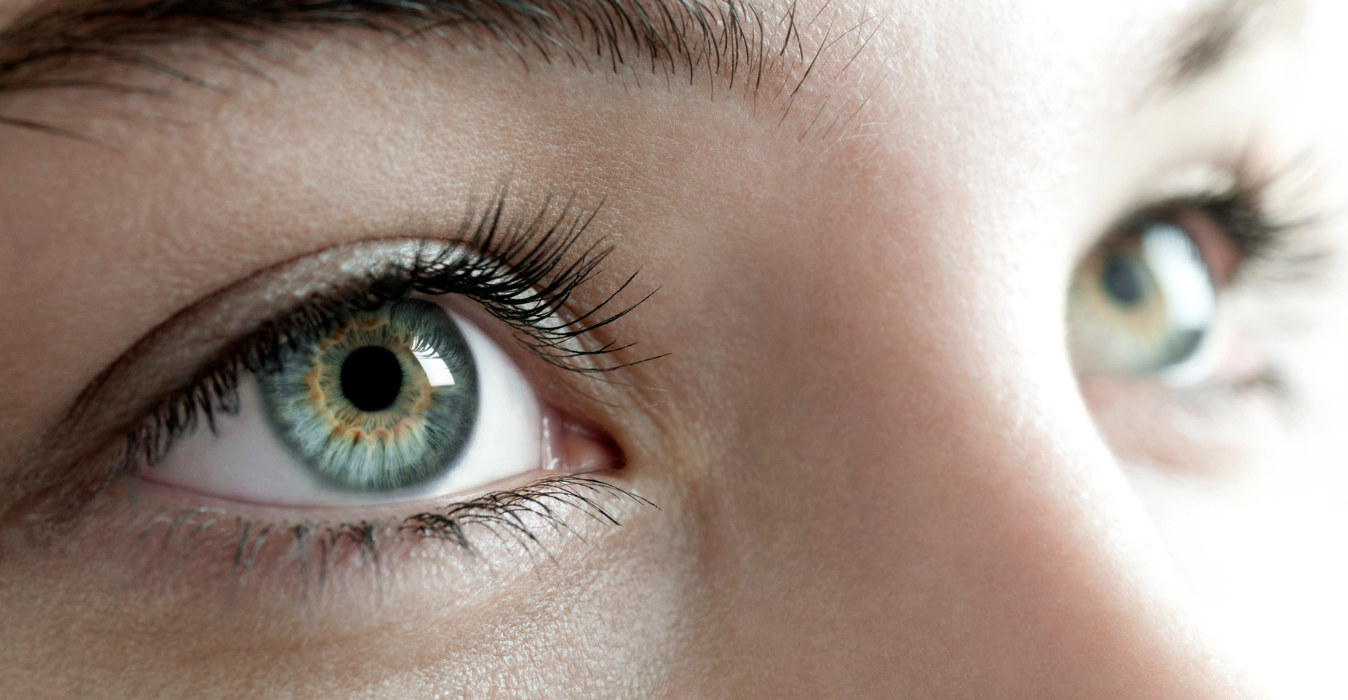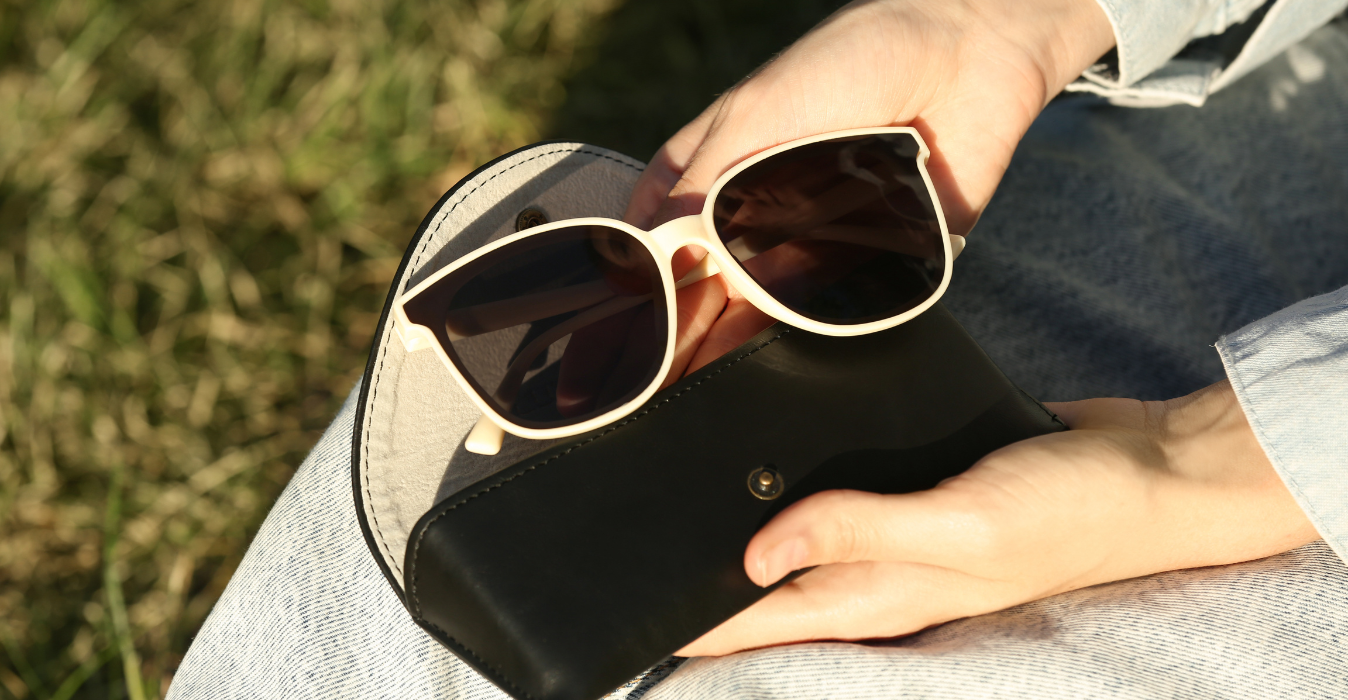
Swollen eyelids and eyes: what causes them?
Swollen eyelids and eyes they are annoying inconveniences that can disturb your gaze, both visually and aesthetically.
There may be many causes, but they all have a solution. Therefore, as experts in the optical industry, we are here to share our professional expertise with you and help you deal with this problem.
Since, in fact, the Health of your eyes is our priority, we will offer you several suggestions to ensure your visual well-being and reduce the risk of swollen eyes and eyelids.
Read on to find out how to take care of your eyes intelligently and competently.
1. Tiredness and stress
Swelling of the eyes and eyelids is often the result of a combination of factors that affect circulation and hydration and inflammation in the area around the eyes.
First, it is important to explore the link between tiredness and stress and their impact on your gaze.
There are multiple fatigue factors that contribute to swollen eyelids and eyes. Let's see them all, to remedy them as soon as possible:
- insufficient sleep;
- excessive use of technological devices;
- emotional stress;
- poor nutrition;
- lack of hydration;
- hygiene.
The insufficient sleep it is a primary factor, since during sleep, our body carries out a process of cellular regeneration, including the drainage of excess fluids. Lack of adequate rest can, therefore, result in a lymphatic circulation slower and lead to fluid retention around the eyes, causing swelling and bags.
Excessive use of technological devices such as computers and smartphones However, it causes real visual fatigue. This often results in dry eyes and irritation, which manifest as swollen eyes, as the body tries to compensate by producing more tear fluid.

It too stress emotional affects our gaze negatively. It can trigger an inflammatory response throughout the body, including the eyes. The release of stress-related chemicals can, in fact, dilate blood vessels, increasing blood flow to the eye area and causing swelling.
A bad one Furthermore, a diet lacking in antioxidants and essential nutrients can weaken eye health and increase susceptibility to swelling. The body, in fact, needs vitamins and minerals to maintain healthy ocular tissues.
Additionally, lack of hydration can lead to dry eyes and irritation . And when the eyes are dehydrated, the body may react by increasing the production of tear fluid, causing temporary swelling.
Finally, the failure makeup removal before bed can trap irritating particles near the eyes, causing inflammation and swelling. This is why maintaining good eye hygiene is essential to prevent tiredness and eyelid swelling .
2. Allergy
Even the allergies they can cause swelling of the eyes and eyelids through various mechanisms involving the immune system and local inflammatory reactions. Let's see how these allergies affect the eyes and how you can counteract them.
Here is a list of possible allergic factors that can generate swelling of the eyelids or the rest of the eye area and what to do about it:
- pollen;
- house dust;
- animal hair;
- foods;
- reactions to cosmetics.
One of the major triggers of allergy is exposure to pollen . When the latter comes into contact with the eyes, the immune system misinterprets it as a threat and releases it histamine , a chemical compound that causes inflammation. This very process can make the eyes red and cause itching and swelling in the eye area.

To counteract this situation as much as possible, it is useful wear sunglasses to protect your eyes outdoors, use antihistamine drops or washing with saline solution to soothe itching and consider using oral antihistamines under your doctor's supervision.
Him too dust allergens household can cause eye irritation. Mites accumulate in mattresses, pillows and carpets and simple movements of objects lift them into the air and cause them to come into contact with the eyes, causing inflammation which manifests itself as annoying swelling.
To address the problem, it is advisable to maintain rigorous home hygiene, with regular dust extraction and cleaning. Furthermore, the use of anti-mite mattress covers and pillow covers can be useful, as can the adoption of air purifiers with HEPA filters .
THE pet hair they then carry other allergens coming from their skin or saliva. When these allergens come into contact with the eyes of a sensitive individual, they can trigger allergic reactions, causing itching and swelling. Also in this case, deep cleaning of domestic environments is essential and even better, if allergic, would be to limit contact with the animal.
Then there are some foods that can trigger systemic allergic reactions that also involve the eyes, causing inflammation and swelling. In this case it is essential to identify them as soon as possible, if necessary with the help of a food diary, and consult an allergist for specific tests and advice on a diet suited to specific food allergies.
But also some ingredients present in cosmetics , skin creams or makeup, in allergic individuals, cause local reactions when they come into contact with the eye area. If such a situation occurs, it is important to stop using products that cause irritation and consult a dermatologist for advice on hypoallergenic products And allergy skin tests .
It's important to remember that everyone can react differently to allergens, so the key is to identify the specific source of your allergies and consult a doctor or allergist for personalized treatment - your eyes will benefit too.
3. Eye inflammation
As we have seen, the origin of ocular disorders such as eyelids and swollen eyes is almost always inflammation.
The latter can be generated by a wrong lifestyle or by allergic reactions, but not only. Infections, trauma, or pre-existing eye conditions can also be a trigger.
Let's first examine the causes of inflammation to the eyes related to the infection:
- conjunctivitis , a common eye infection that can be caused by bacteria, viruses, or allergies and whose symptoms include redness, itching, dryness, and discharge;
- blepharitis , affects the eyelids and is often linked to poor hygiene or the accumulation of bacteria and manifests itself with itching, irritation and sometimes the formation of crusts on the eyelids;
- uveitis , internal inflammation of the eye that can be painful, cause blurred vision, often associated with systemic disease and requires immediate medical treatment;
- eye allergies, with symptoms such as itching, swelling and tearing;
- blocked tear duct , which is a blockage in the tear drainage system, which can cause fluid to build up in the eyelids and eyes.
In any case, it is very important to understand when it is time to consult a doctor to effectively address the problem. In general, we suggest that you do not hesitate to contact a professional when you experience:
- blurred or reduced vision;
- intense eye pain or discomfort;
- discharge or pus from the eyes;
- fever associated with ocular symptoms;
- persistent or worsening inflammation;
- history of underlying medical conditions, such as rheumatoid arthritis or other autoimmune diseases.
A specialized doctor can diagnose the exact cause of eye inflammation and prescribe the most appropriate treatment , which may include eye drops, antibiotics, antihistamines or specific therapies depending on the case.
Your visual health is important, so don't hesitate to seek medical care if you are concerned about your eyes.






